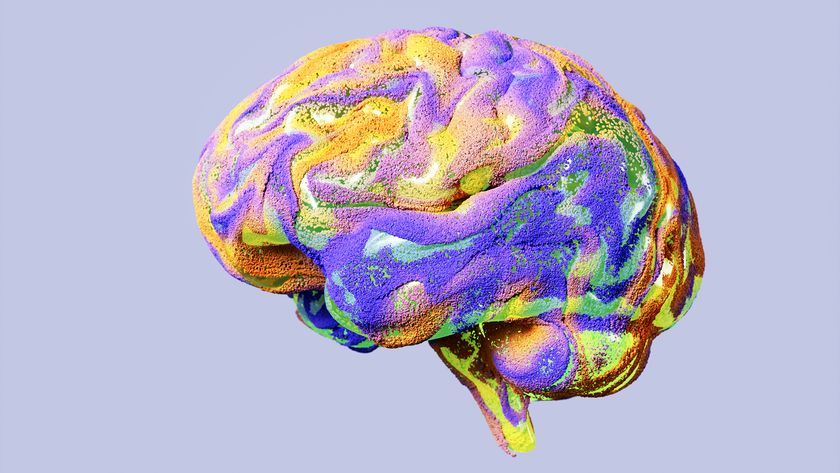Electrical Brain Stimulation Could Help Stroke Patients Swallow
Electrically stimulating the brain could help stroke patients improve their ability to swallow food and saliva, according to a new study.
Impaired swallowing abilities are a common effect of stroke.
Electrical stimulation improved patients' ability to swallow by more than 2.5 points on a 7-point scale, compared with slightly more than 1 point for people who didn't receive the electrical stimulation, the study said.
The 2.5-point improvement could mean that the stroke patient still has delayed movement of food in the mouth but he or she is at least able to swallow, unlike before the stimulation, said study researcher Dr. Gottfried Schlaug, associate professor of neurology at Beth Israel Deaconess Medical Center and Harvard Medical School in Boston.
Difficulty swallowing, or dysphagia, is very common in stroke patients and occurs in about half of people who suffer a stroke, Schlaug said. It can lead to dangerous complications, like pneumonia, and decreases patients' independence because they must be artificially fed.
"If you can't actively swallow food or even saliva, then food or saliva may get into the lungs by accident or passively," which can cause pneumonia, Schlaug told MyHealthNewsDaily.
Stroke often affects swallowing abilities because the cortical centers of the brain, which control swallowing, are destroyed on the side of the brain affected by the stroke . However, the study shows that the cortical centers on the healthy side of the brain can be stimulated electrically to improve the function of swallowing.
Sign up for the Live Science daily newsletter now
Get the world’s most fascinating discoveries delivered straight to your inbox.
The brain stimulation in this study, called transcranial direct current stimulation, is done by attaching electrodes to the scalp of a stroke patient. Weak electrical currents pass through the electrodes and target certain areas of the brain, such as the cortical centers, Schlaug said.
In this study, scientists gave either electrical stimulation or "sham stimulation" (patients were prepped for stimulation but didn't receive any currents) to 14 patients from Beth Israel Deaconess Medical Center who had suffered an ischemic stroke one to seven days prior.
Overall, 86 percent of patients who received the stimulation improved their swallowing abilities by at least 2 points on the scale, compared with 43 percent of those who received the "sham stimulation," the study said. While researchers said those percentages are not statistically significant, they still show that the technique spurs improvement in swallowing.
Right now, electrical brain stimulation is considered an experimental treatment. But the hope is to "ultimately apply for [Food and Drug Administration] approval, which would allow companies to make devices that could potentially be put into doctors' offices," Schlaug said.
The study was published today (March 24) in Stroke: Journal of the American Heart Association.
Pass it on: Electrical brain stimulation can help stroke patients improve their ability to swallow food and saliva.
- Stroke: Symptoms, Tests and Treatment
- 7 Major Advances Predicted for Health and Medicine in 2011
- Some Coffee a Day Helps Keep Strokes Away
Follow MyHealthNewsDaily staff writer Amanda Chan on Twitter @AmandaLChan.












